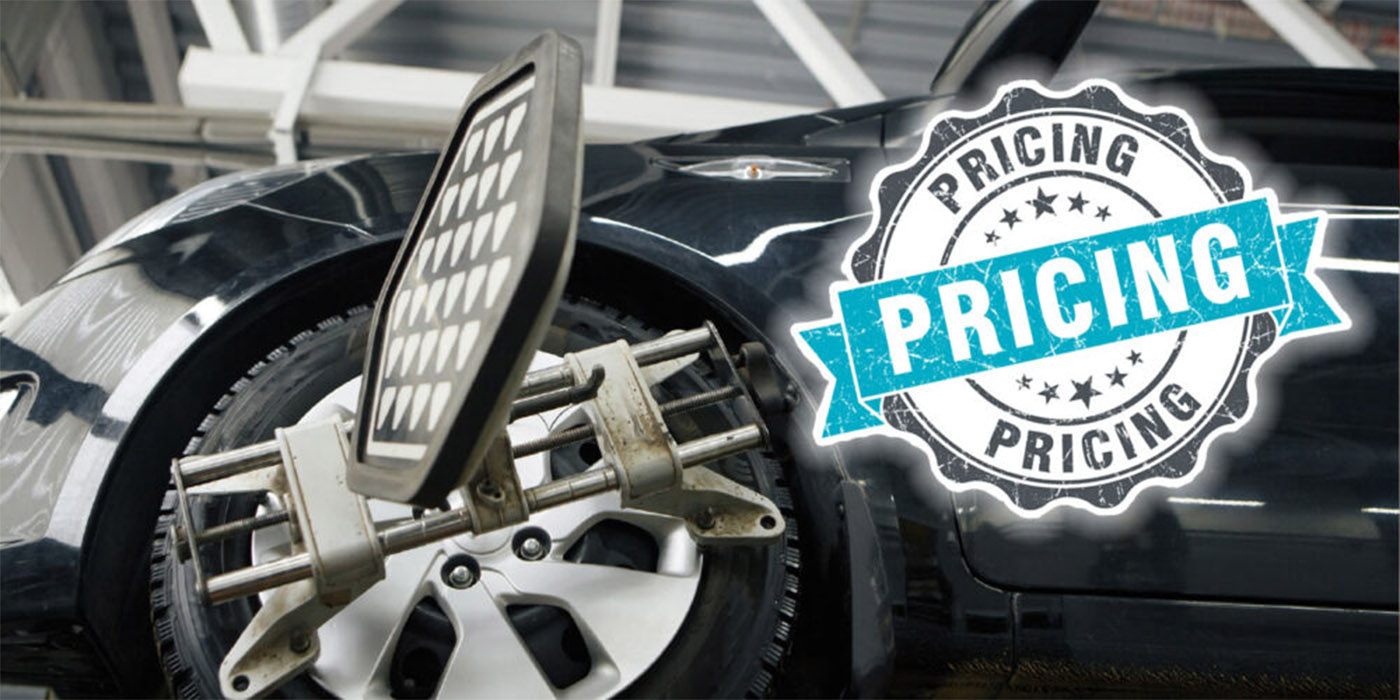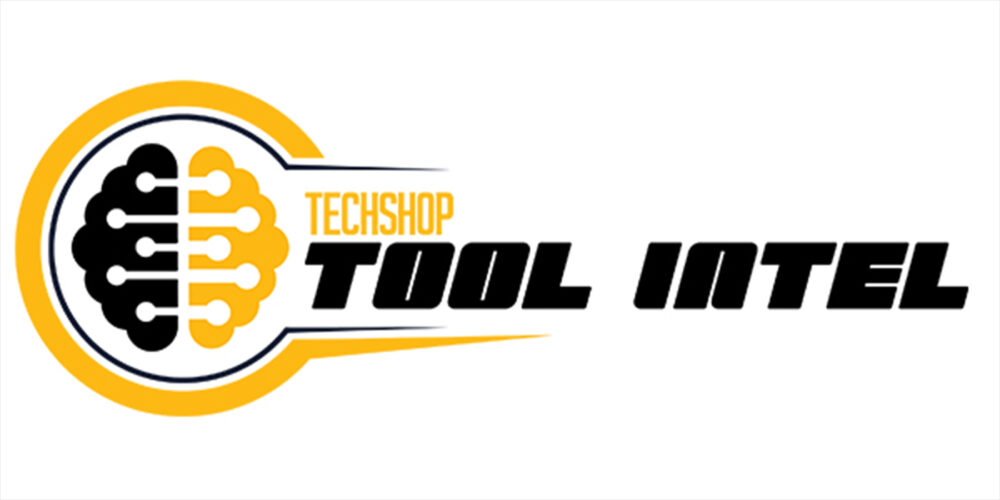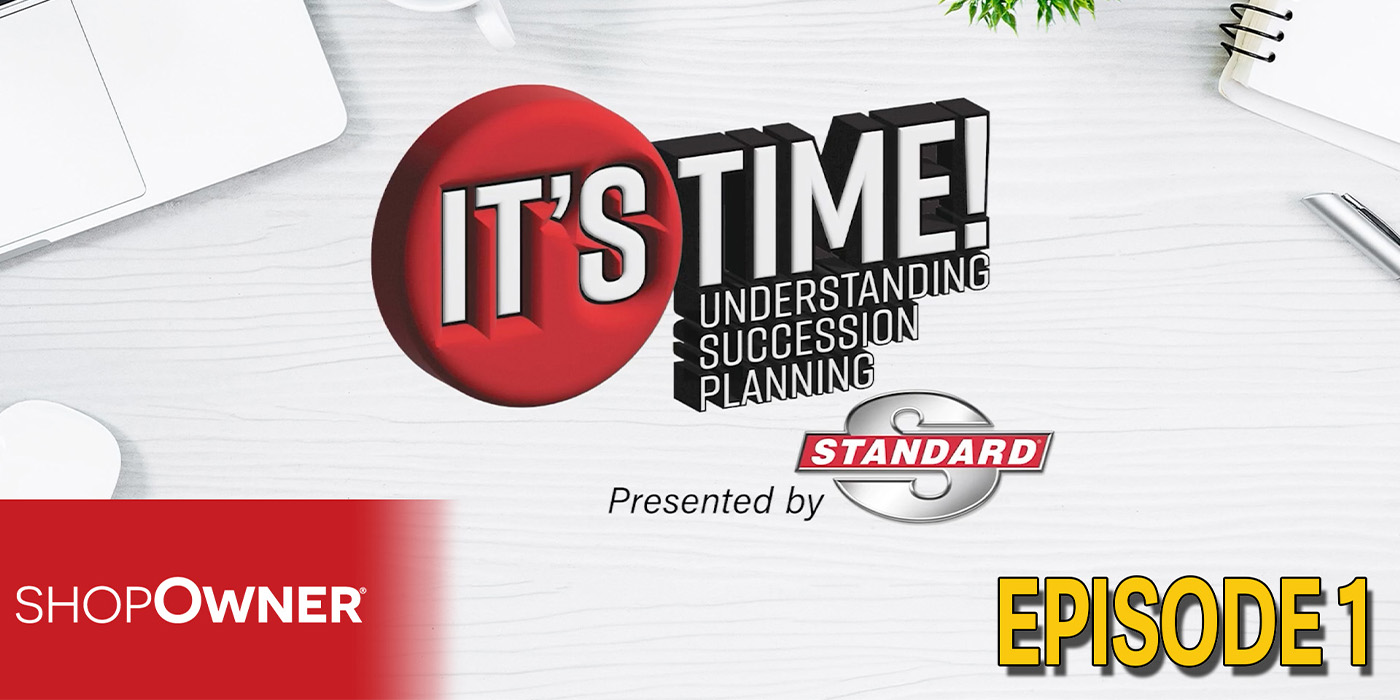Typically, repair shops are closely held organizations run by first-, second- or even third-generation owners. In most cases, you’ll hear about entry level, and A, B, and C level techs when they talk about their level of skill. These designations are from a bygone era where raw skills combined with a 200-piece toolkit could accomplish most jobs in the bays.
Needless to say, technology, tools and equipment, along with the depth of knowledge needed today, would make even the smartest technician from that era shudder. Additionally, the range of skills required by everyone from greenhorn to journeyman is broader.
Many of the recent ads we’ve seen for technicians and advisors announce “Opportunity for advancement,” which is a huge draw for many applicants. Whether you’re playing your favorite Xbox game or getting ahead in the workplace, everyone wants to level-up. Each rung you climb is a source of recognition of the achievement of improving your knowledge and skills. In most cases, this serves as a catalyst for continued growth and improvement.
Know your ABC’s and 123’s
The traditional technician journey and job classification goes like this: C to B to A tech. You’ll hear an occasional reference to a GS, Master and Journeyman level as you “talk shop.”
These limited designations don’t do justice to the skills, knowledge and continued training required to properly service and maintain today’s vehicle, not to mention the training required to remain relevant as each new model year hits your bays. The complexity and pace of product development is staggering when you compare what is on the road today with pre-OBD vehicles.
ASE Master certification now requires 9 rather than 8 tests. And a step up from Master are the advanced certifications, L1-L3.
A fresh approach
It’s time to rethink your job classifications! Having limited designations (just A, B and C) within your shop places limits on you and your team. Hiring, performance evaluations, training opportunities and even raises tied to making the next rung on the ladder can be impacted. If an employee has reached the top of the ladder, he or she may feel there is no motivation or even a need to grow their skills. An A-Tech with Master L-1 certification runs the risk of becoming complacent because it seems like the top of the mountain, the pinnacle of a career, has been reached. We all know nothing could be further from the truth.
Not everyone will or should make it to the top of the ladder – various reasons including skills possessed, cognitive abilities or depth of understanding could be limiting factors – but everyone should have the incentive to try.
Compare it to downhill skiing: not every skier will make it to skiing the most demanding of runs, the double black diamond. Many moons ago, I began skiing in Western New York and only once made it to a black run. To be honest, this was only by accident after the group of friends I was with downed quite a few of our area’s favorite brews. That was my first and last time on a black run! Today, I know my limitations, skiing green runs, the easiest, and occasionally an intermediate blue run. Skills, desire and my risk tolerance are what limits me, and I am totally cool with that!
Instead of the tried-and-true A, B, C tech, you might want to consider starting with GS Technician 1 through 3, and Technician Grade 1-10, with the highest-level technician being a Technician Grade 10 Journeyman.
The former model has four levels, whereas the new model has three entry-level positions along with 11 positions for technicians.
Not to be left out, service advisors should follow the same path, with opportunities to reach three levels as a service advisor.
Entry-level techs and advisors will be more likely to put the effort in to reach for the next rung of the knowledge ladder, developing their skills at each tier, simply because the climb doesn’t look so daunting!
The GWC
In his best-selling book “Traction,” Gino Wickman expands on business icon Jim Collins’ concept of getting the right people in the right sets. Wickman uses the term GWC, an acronym that stands for “Get it? Want it? and the Capacity to do it?”
This requires a simple evaluation of each employee and their role, and what they possess to fulfill that role.
Get it? Does the employee have the brain capacity to perform the role? Do they “get” the ins and outs of the role and what that position requires?
Want it? Do they genuinely want the job, have the motivation, fortitude and attitude to show up each and every day? Without external pushing and motivation from The Boss?
Capacity? The focus here is on mental acuity, knowledge, physical abilities and emotional capacity to do the job.
The GWC is one more tool you can use to advance or evaluate an employee for growth.
Entry-level techs are a great example of this element: they desire to be a master tech, yet their skills need to be developed over time.
Another example would be a tech wanting to take a service advisor position or vice versa. A tech without the emotional fortitude and communication skills is certainly going to faceplant in the advisor role. The same goes with an advisor becoming a tech, all tools, no skills and you are sure to have a ton of comebacks and lost customers.
Admittedly, we’ve seen both make the jumps in position, but it wasn’t easy. In the end, they had the GWC to pull them through and the results were worth the effort to them.
Peer Industries
We often compare ourselves to doctors and dentists and occasionally you’ll hear a reference to the legal field. I’m sure there is a joke there somewhere but, comedy aside, the comparisons are legitimate.
Each field requires vast amounts of time, education (foundational and continued), on-going testing and commitment to the journey from “promising mind” to “expert in their discipline.” Lawyers require up to 11 years, dentists 8 to11 years and doctors from 10 to 14 years of education and practice through clinics and residencies until they ultimately earn their titles. The paths aren’t easy, but like a journeyman tech’s path, they are very fulfilling.
Shouldn’t our industry accurately reflect what it really takes to be at the top of your game as a master tech or senior service consultant? I think the time is now!
Conclusion
Whether you are just starting out with a few employees or a large multi-store operation, broadening your employee classifications creates an opportunity for self-motivation, recognition and additional trails to explore!
As the proverbial ski lift goes higher, each level gets more challenging yet more interesting.
Progress gets easier to attain, which will motivate your employees to level up their skills through training and self-evaluation.















